What is Boom ransomware?
Boom ransomware can crawl into your system and get all your files encrypted. The harmful program targets merely sensitive people’ information such as photo and video files, Microsoft Office documents, and archives. Once they’re encoded, they shall no longer be available until the fine is paid. That’s why it’s called a ransomware-category malicious software. Even though this is generally the sole method to get your files back – we are not able to notify you do that, as there are no insurances that they transmit you a decryption application. In this report, you’ll find guide on how to uninstall Boom ransomware and different techniques to decode .Boom files without giving money for the ransom. Faith it will aid you.
As we stated previous, the dangerous software touches numbers in such a way so you won’t be capable of opening files along with .Boom extension unless they are decrypted. For example, file “IMG_2462.PNG” will turn into “IMG_2462.PNG.Boom”. Afterward, Boom ransomware promotes a pop-up window, drops a TXT catalog (how to decipher FILES.txt), as well as alters a desktop wallpaper.
The content of a pop-up window and a TXT log (how to restore FILES.txt):
We highly recommend not to consent alongside their requirements since there are no insurances that you will get your files when the transaction takes place. On the adverse, there is a huge threaten of being tricked and merely dropped in bundles with little. The only safe way to deal with the issue is to eliminate Boom ransomware from the machine via relevant applications in order to negate the damaging movements of the contamination and then repair your details from the backup.
There exists two solutions to delete Boom ransomware and decode your data. The at the start is to employ an automated uninstallation tool. This practise is fitted even for unskilled users as the elimination application could delete all cases of the contamination in just a couple clicks. The moment is to implement the by hand uninstallation guidelines. This is a much more complicated way that needs exclusive system abilities.
How Boom ransomware receives on my system?
Cybercriminals use different methods to distribute the malware software to the target system. Ransomware malware could slither into victims’ systems etc. than in one or two techniques, in many situations, cryptoviral scam breach is conducted together with the following techniques:
Warning, multiple anti-virus scanners have detected possible malware in Boom ransomware.
| Anti-Virus Software | Version | Detection |
|---|---|---|
| K7 AntiVirus | 9.179.12403 | Unwanted-Program ( 00454f261 ) |
| Baidu-International | 3.5.1.41473 | Trojan.Win32.Agent.peo |
| VIPRE Antivirus | 22702 | Wajam (fs) |
| Tencent | 1.0.0.1 | Win32.Trojan.Bprotector.Wlfh |
| Malwarebytes | v2013.10.29.10 | PUP.Optional.MalSign.Generic |
| McAfee-GW-Edition | 2013 | Win32.Application.OptimizerPro.E |
| NANO AntiVirus | 0.26.0.55366 | Trojan.Win32.Searcher.bpjlwd |
| VIPRE Antivirus | 22224 | MalSign.Generic |
| Qihoo-360 | 1.0.0.1015 | Win32/Virus.RiskTool.825 |
| Kingsoft AntiVirus | 2013.4.9.267 | Win32.Troj.Generic.a.(kcloud) |
| ESET-NOD32 | 8894 | Win32/Wajam.A |
| Dr.Web | Adware.Searcher.2467 | |
| Malwarebytes | 1.75.0.1 | PUP.Optional.Wajam.A |
| McAfee | 5.600.0.1067 | Win32.Application.OptimizerPro.E |
Boom ransomware Behavior
- Boom ransomware Connects to the internet without your permission
- Steals or uses your Confidential Data
- Slows internet connection
- Distributes itself through pay-per-install or is bundled with third-party software.
- Installs itself without permissions
- Integrates into the web browser via the Boom ransomware browser extension
- Boom ransomware Shows commercial adverts
- Changes user's homepage
- Boom ransomware Deactivates Installed Security Software.
- Redirect your browser to infected pages.
- Common Boom ransomware behavior and some other text emplaining som info related to behavior
- Modifies Desktop and Browser Settings.
Boom ransomware effected Windows OS versions
- Windows 10
- Windows 8
- Windows 7
- Windows Vista
- Windows XP
Boom ransomware Geography
Eliminate Boom ransomware from Windows
Delete Boom ransomware from Windows XP:
- Click on Start to open the menu.
- Select Control Panel and go to Add or Remove Programs.
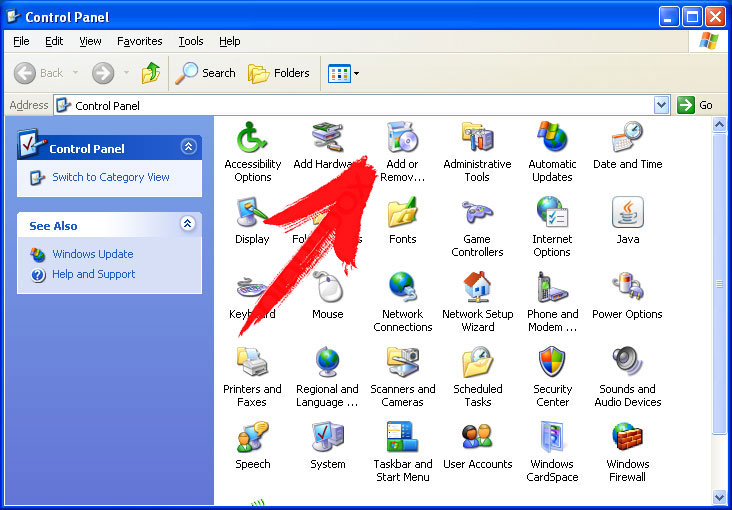
- Choose and remove the unwanted program.
Remove Boom ransomware from your Windows 7 and Vista:
- Open Start menu and select Control Panel.

- Move to Uninstall a program
- Right-click on the unwanted app and pick Uninstall.
Erase Boom ransomware from Windows 8 and 8.1:
- Right-click on the lower-left corner and select Control Panel.

- Choose Uninstall a program and right-click on the unwanted app.
- Click Uninstall .
Delete Boom ransomware from Your Browsers
Boom ransomware Removal from Internet Explorer
- Click on the Gear icon and select Internet Options.
- Go to Advanced tab and click Reset.
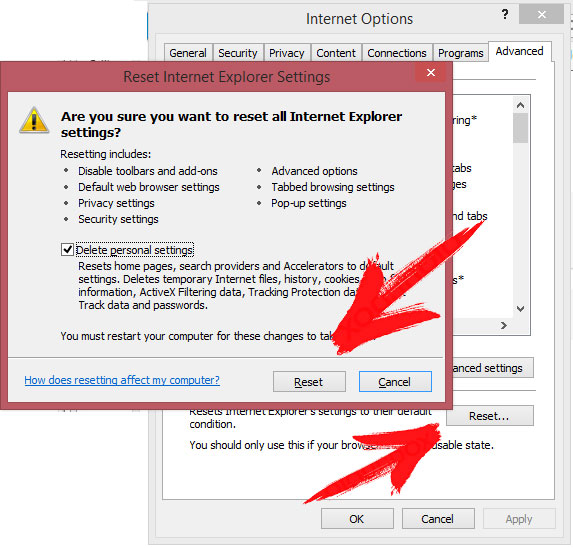
- Check Delete personal settings and click Reset again.
- Click Close and select OK.
- Go back to the Gear icon, pick Manage add-ons → Toolbars and Extensions, and delete unwanted extensions.
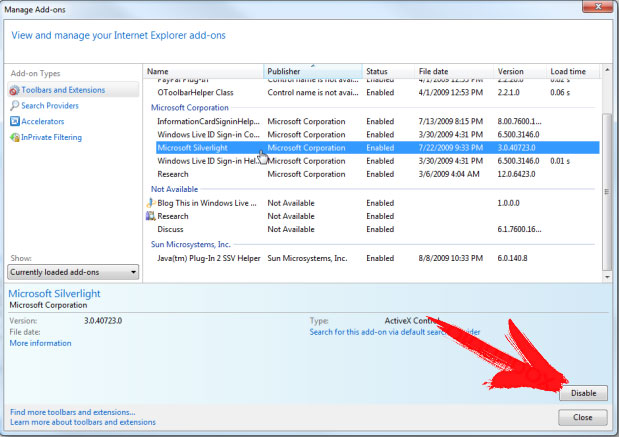
- Go to Search Providers and choose a new default search engine
Erase Boom ransomware from Mozilla Firefox
- Enter „about:addons“ into the URL field.
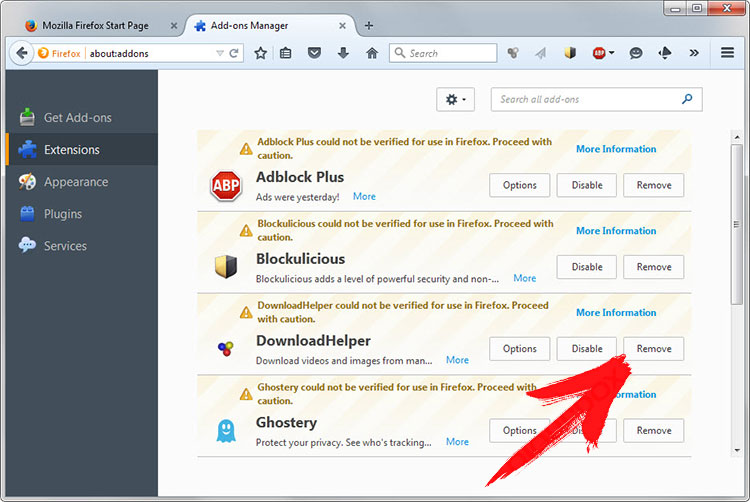
- Go to Extensions and delete suspicious browser extensions
- Click on the menu, click the question mark and open Firefox Help. Click on the Refresh Firefox button and select Refresh Firefox to confirm.
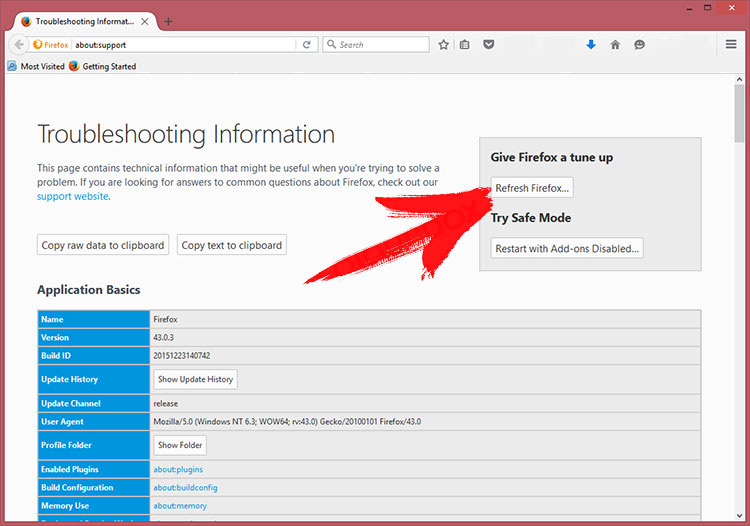
Terminate Boom ransomware from Chrome
- Type in „chrome://extensions“ into the URL field and tap Enter.

- Terminate unreliable browser extensions
- Restart Google Chrome.
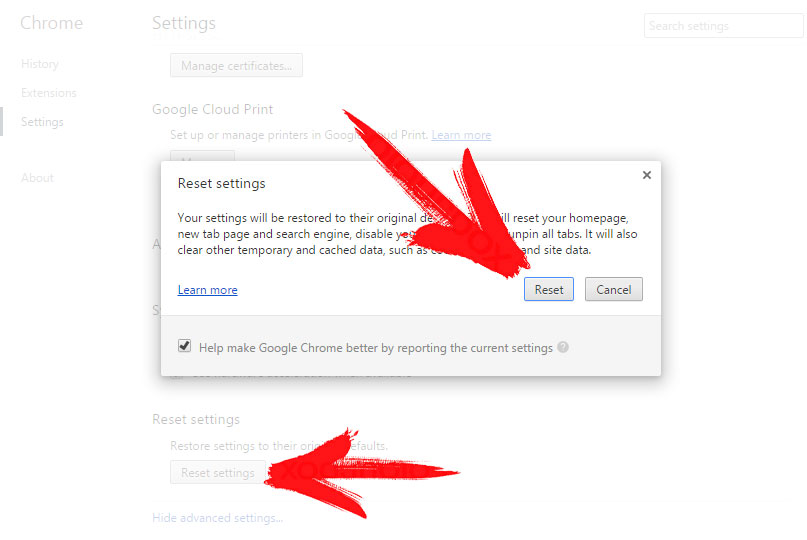
- Open Chrome menu, click Settings → Show advanced settings, select Reset browser settings, and click Reset (optional).